Technique helps increase the chance of kidney transplant
Pre-transplant desensitization helps patients overcome immune barriers to receive organ transplants. However, in Vietnam, this technique still has many limitations in terms of equipment, human resources and policies.
This is the information given by Dr. Truong Quy Kien, Department of Nephrology - Dialysis (A15), 108 Central Military Hospital at the Training Program to Update New Advances in Blood Separation in Kidney Transplantation and Some Internal Medicine Diseases.
The program was organized by 108 Military Central Hospital in coordination with the Vietnam Dialysis Association in Hanoi on July 15.
Dr. Truong Quy Kien, Department of Nephrology - Dialysis (A15), 108 Central Military Hospital (Photo: Organizing Committee).
Within the framework of the program, Dr. Kien presented a special report on pre-transplant desensitization, an issue that is receiving much attention in current organ transplant practice.
According to Dr. Kien, desensitization is an intervention technique to eliminate or reduce antibodies that can recognize and attack donated organs, thereby helping to reduce the risk of transplant rejection in patients with high levels of immune sensitivity.
This is a group of patients who have previously been rejected for transplants due to the presence of donor-specific antibodies, also known as DSA (Donor-Specific Antibodies), circulating in their blood.
"There are many cases where patients have relatives who are willing to donate a kidney, and meet all medical conditions, but still cannot do so because of the presence of antibodies against the donated organ. These antibodies can cause the transplant to fail in just a few days," Dr. Kien analyzed.
Desensitization is one way to overcome this barrier. With the help of modern plasmapheresis methods such as PEX, DFPP and IA, combined with strong immunosuppressive drugs, doctors can reduce or eliminate high-risk antibodies in the patient's blood.
This technique not only contributes to increasing the success rate after transplantation, but also expands the indications for organ transplantation to a group of patients who were previously considered difficult to access.
Besides the group of patients with anti-HLA antibodies, Dr. Kien also specifically emphasized an increasingly common situation in kidney transplants.
It is an ABOi blood group incompatible kidney transplant. This is a technique that allows the transplant to be performed even when the donor and recipient do not have the same blood type, something that was considered an absolute contraindication many years ago.
In many major transplant centers around the world , desensitization techniques have demonstrated remarkable efficacy.
In Vietnam, although this technique is still new, it has begun to make remarkable progress. The 108 Military Central Hospital, a pioneer in this field, has performed about 500 kidney transplants in nearly a decade, with a 5-year survival rate of 95%. This figure is approaching the world's leading centers.
Notably, during the recent April 30-May 1 holiday, the hospital received and successfully transplanted two kidneys and one liver from a brain-dead donor.
Among them, a kidney recipient with a DSA level with an MFI index of up to 8,650 was in the very high risk group for transplant rejection. The transplant was still safe and effective, marking one of the first cases of highly sensitive kidney transplants in Vietnam to be successfully treated with desensitization techniques.
Equipment barriers
However, it is worrying that this technique has not yet been widely deployed in Vietnam. According to Dr. Kien's report, while basic plasmapheresis machines (PEX) are available in many hospitals, more modern devices such as double-dialysis plasmapheresis (DFPP) or immunoadsorption (IA) are still very scarce.
Close-up of a kidney transplant (Photo: Ngoc Luu).
Not only is there a lack of equipment, Vietnam also lacks specialized testing to measure antibodies, not to mention essential drugs such as Rituximab and IVIG are very expensive and not fully covered by insurance.
In addition, another reality that was also raised at the conference was the lack of highly specialized personnel and interdisciplinary treatment models. Desensitization cannot be performed alone but requires coordination between transplant specialists, artificial kidney, blood transfusion, immunology, etc.
Besides desensitization, many other issues related to kidney transplantation were also reported at the event and received great attention such as: the role of plasma adsorption in kidney transplantation, hemofiltration in the treatment of sepsis and autoimmune diseases...
Source: https://dantri.com.vn/suc-khoe/ky-thuat-moi-giup-thuc-hien-nhung-ca-ghep-than-dac-biet-kho-20250716121444719.htm


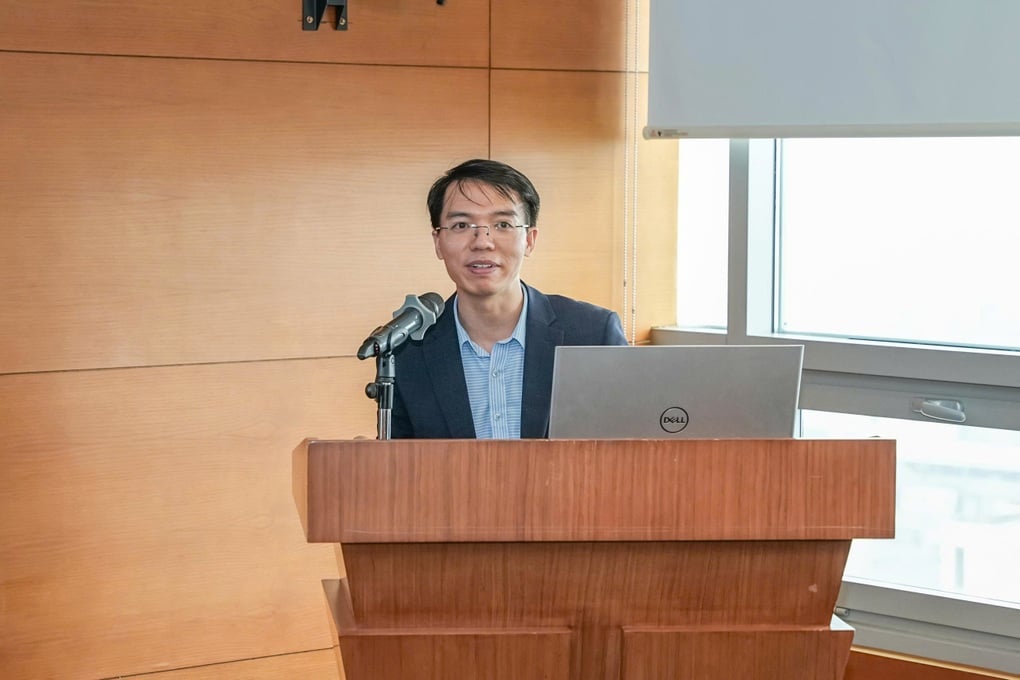
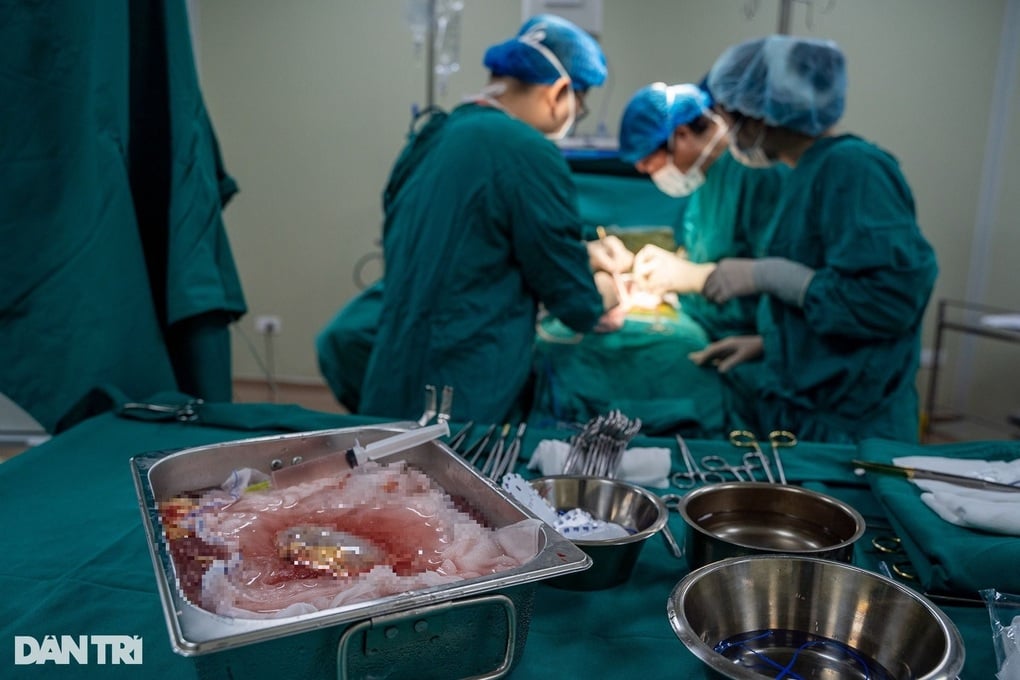
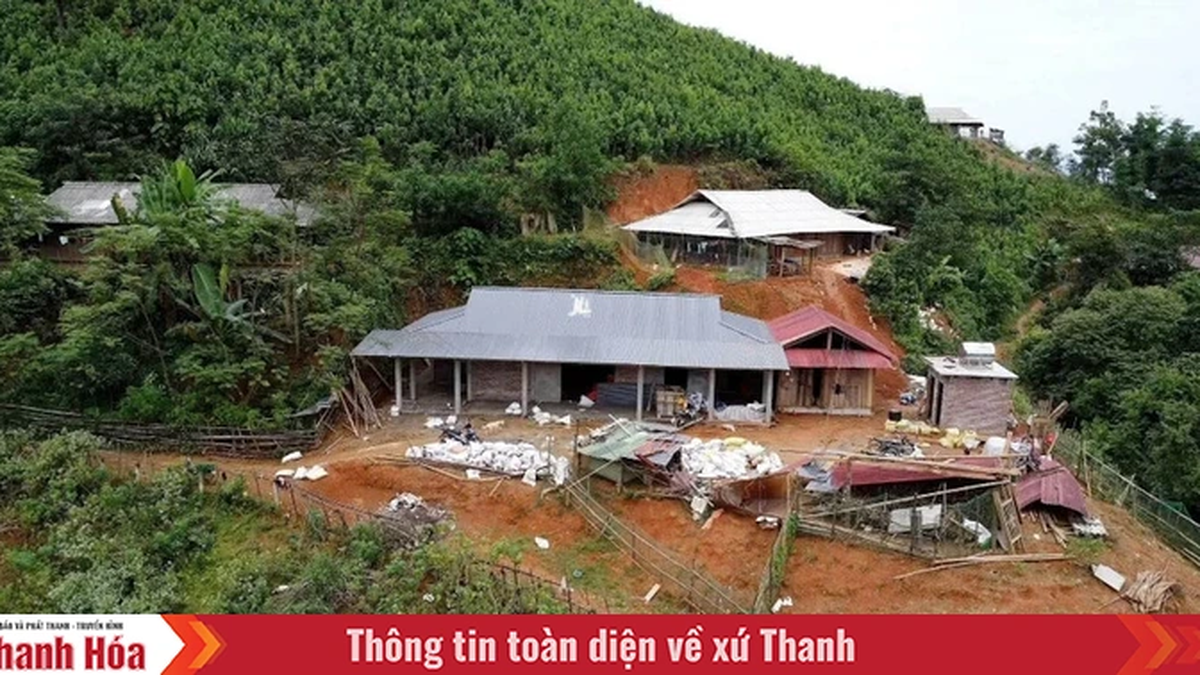

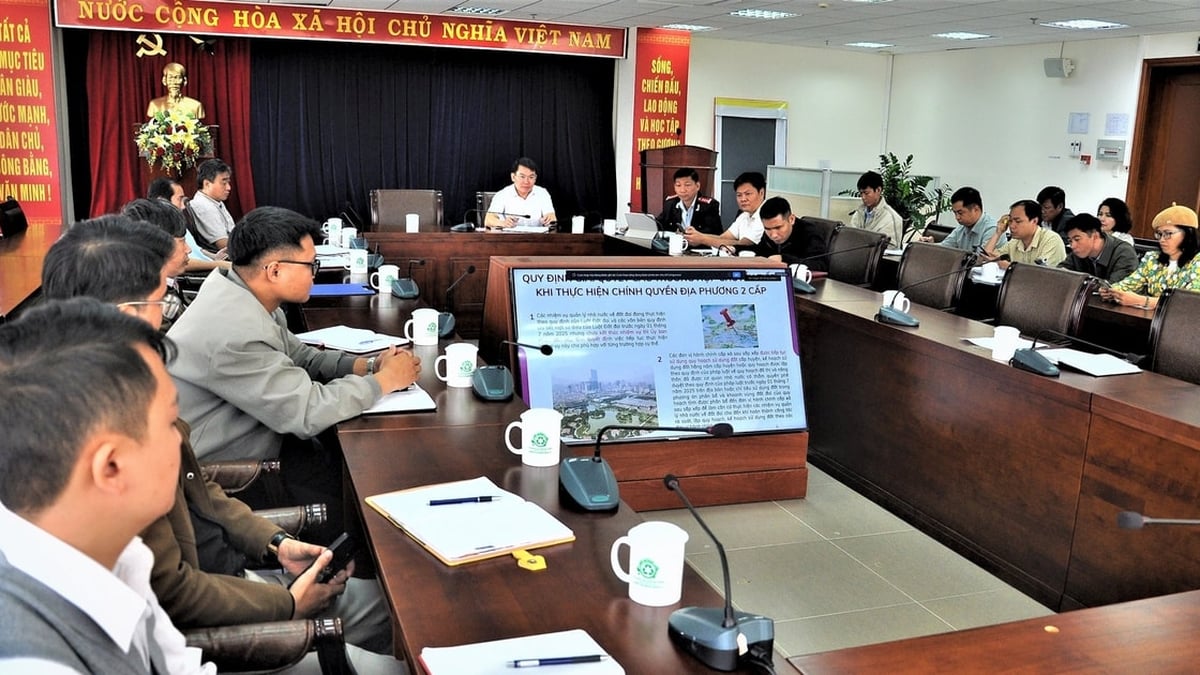
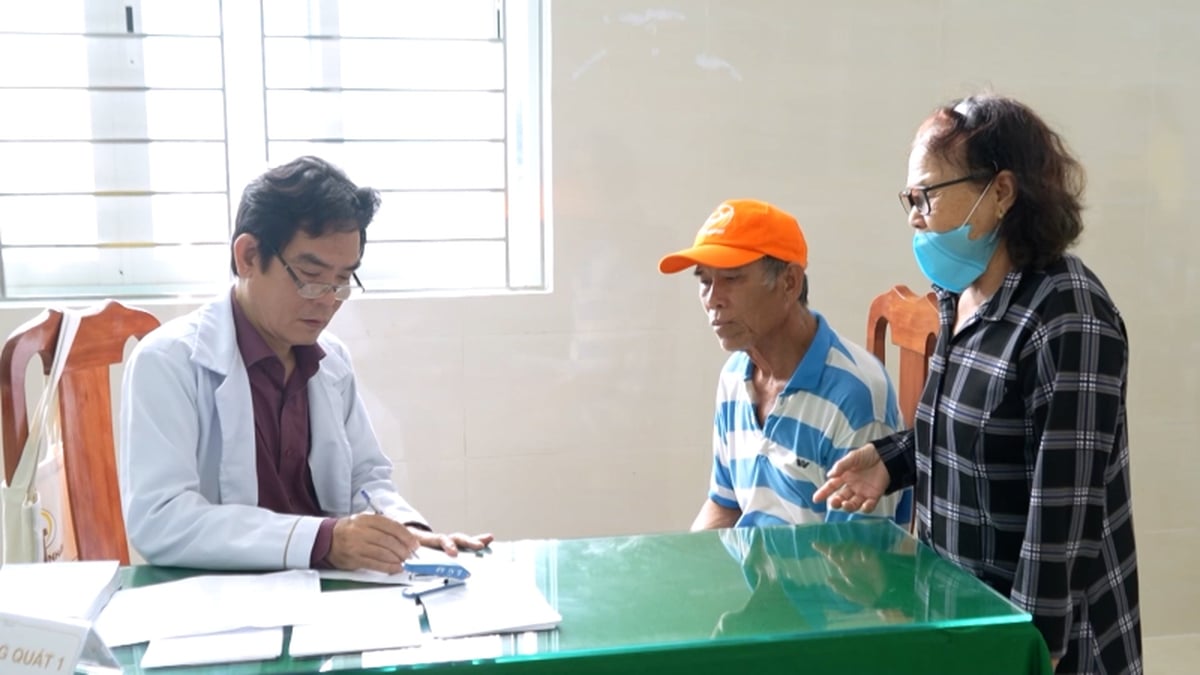

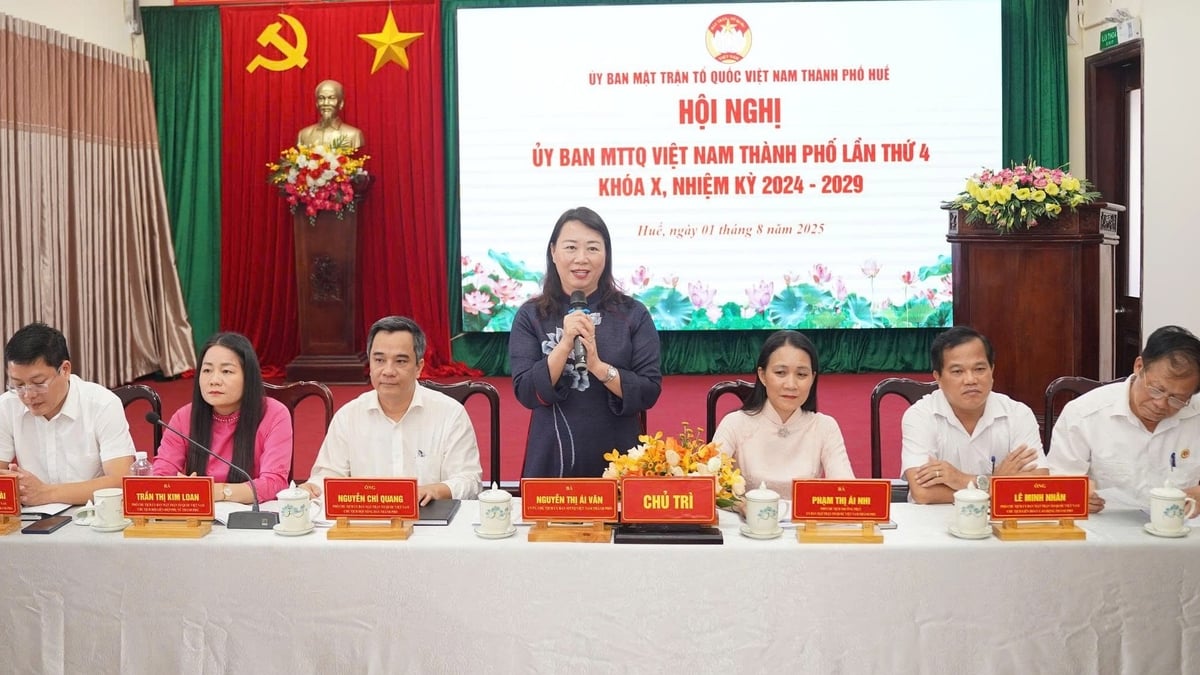

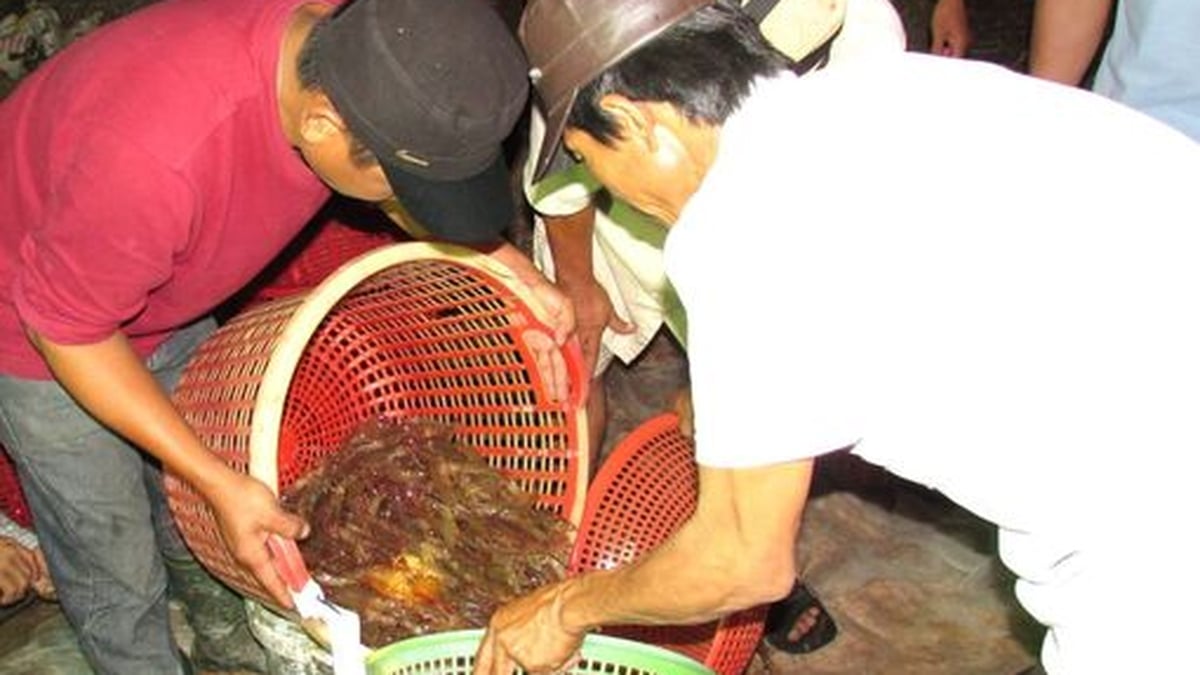
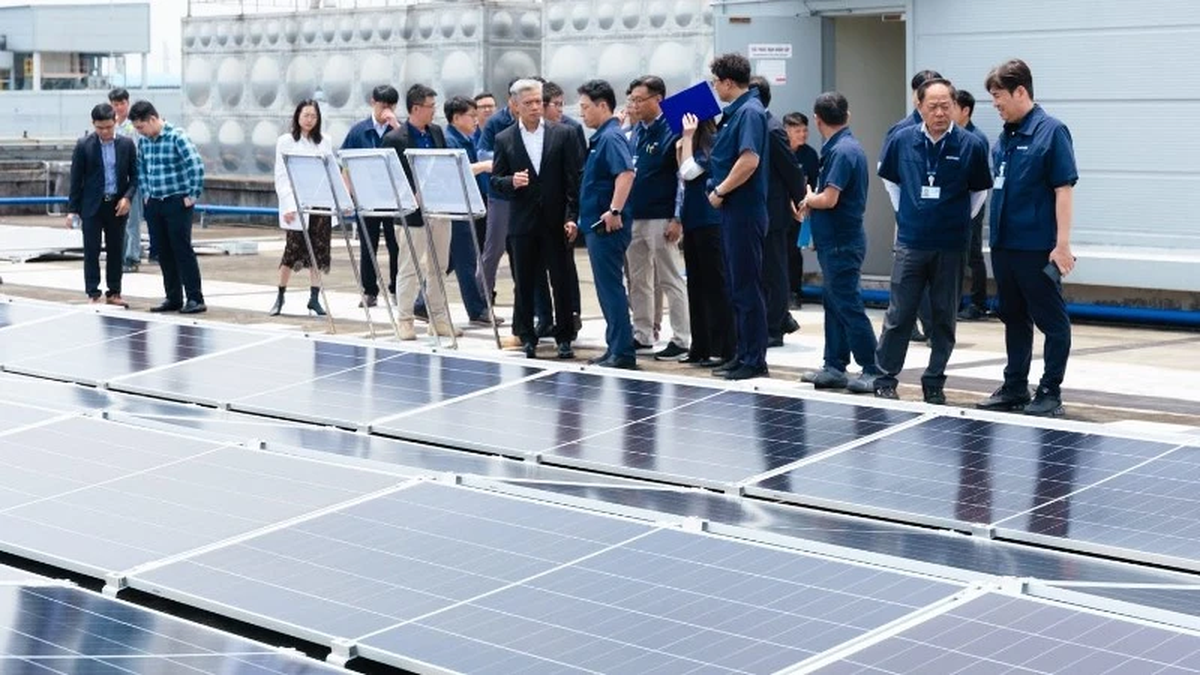
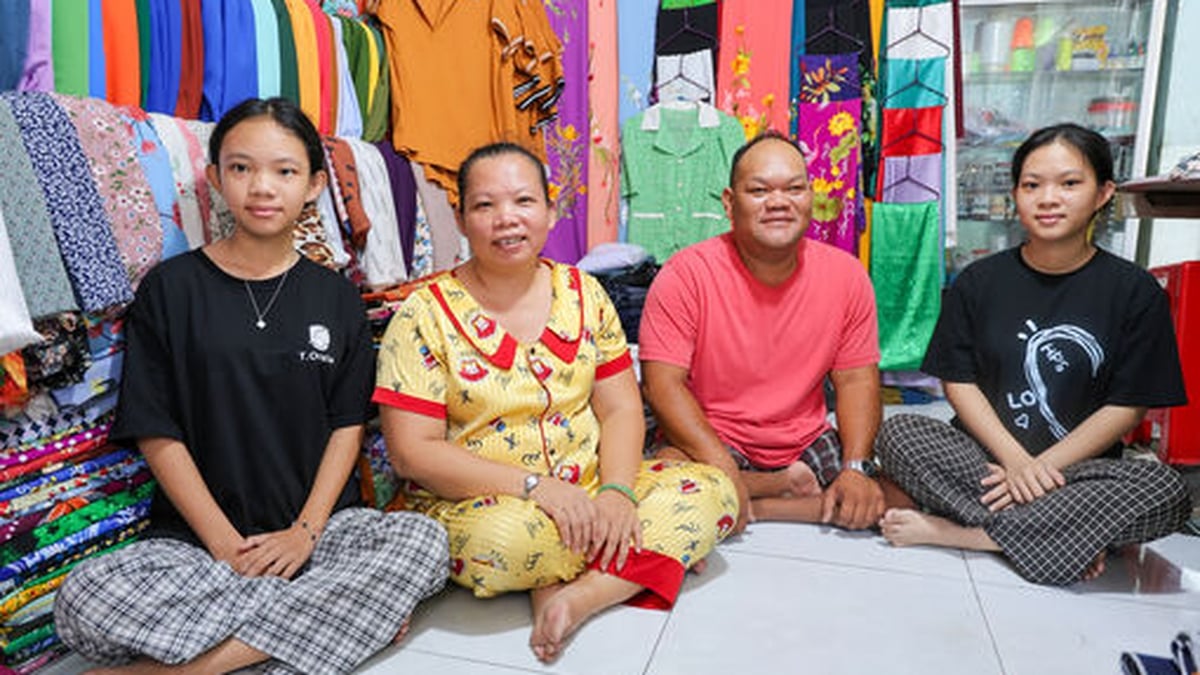


























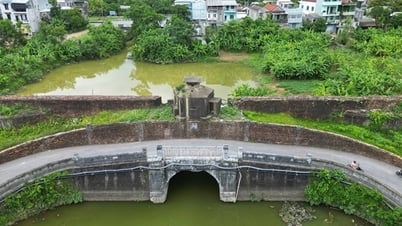












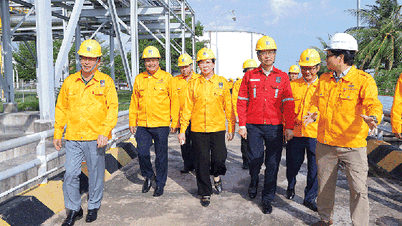

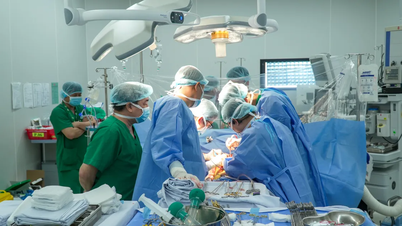







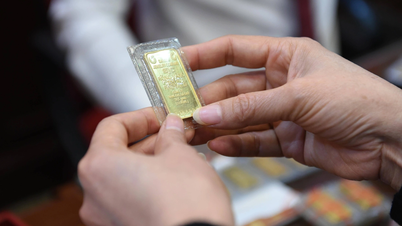







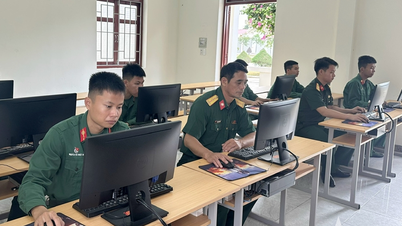



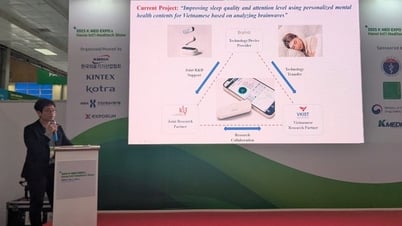



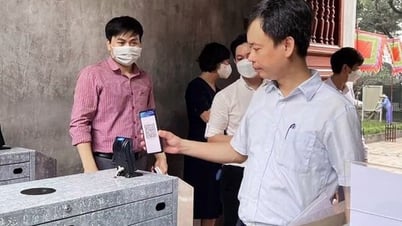





















Comment (0)